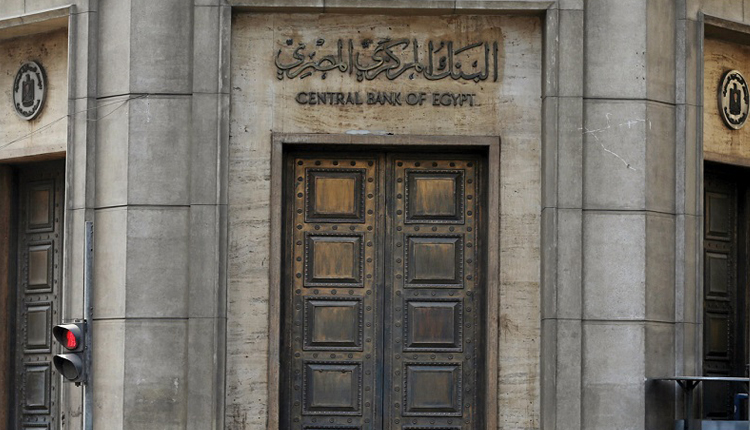Central Bank of Egypt (CBE) is expected to cut its key interest rates by 50 to 150 basis points on Thursday, a Reuters poll showed, as inflation continues to retreat and after the U.S. Federal Reserve cut rates again last week.
All 11 economists polled by Reuters predicted a cut. Five said the Central Bank of Egypt would clip rates by 100 basis points (bps), three predicted 150 bps and another three 50 bps.
“We foresee the current strong disinflation trajectory lasting until November and to register its lowest reading in October,” said Mona Bedir, senior economist at Egyptian investment bank Prime Holding, who predicted a 100-bps cut.
The central bank slashed rates by 150 bps at its meeting on August 22 after July’s inflation figures significantly beat expectations. Inflation eased further in August, with the headline figure falling to 7.5 percent year-on-year, a six-year low, from 8.7 percent in July.
August’s cut was the bank’s first since February and left the overnight deposit rate at 14.25% and the overnight lending rate at 15.25 percent.
“In a global environment of such low deposit and lending rates, inflows into Egypt’s debt markets should continue to be strong from global institutions,” said Angus Blair, chairman of business and economic forecasting think-tank Signet.
The U.S. Federal Reserve cut interest rates by 25 basis points last month for the second time this year. The European Central Bank also cut rates earlier this month.
Blair, who predicted a 150-bps cut, said Egyptian debt instruments would still be attractive to investors after a rate cut.
A strengthening Egyptian pound should support lower interest rates, analysts also said. The currency has appreciated around 9 percent against the dollar so far this year.
July’s inflation figures came as a surprise to analysts, who expected prices to increase faster after a round of fuel price hikes that month. But fuel prices increased 16-30 percent, lower than previous rounds of hikes, and a favourable base effect helped bring inflation down.
Rolling back fuel subsidies that have strained the budget for decades was a key plank of a three-year, $12 billion reform package signed with the International Monetary Fund in late 2016.
The IMF deal, aimed at lowering Egypt’s budget deficit after the years of turmoil that followed the 2011 uprising, also included a sharp devaluation of the pound and the introduction of a value-added tax.
“Continued disinflation should allow CBE to continue its monetary easing it started last month,” said Mohamed Abu Basha, an economist at Egyptian investment bank EFG Hermes, who predicted a 50-bps cut because of volatile markets and rising oil prices.
Despite the rosier economic data, millions of Egyptians are still struggling to make ends meet after the fuel subsidy cuts and the devaluation of the currency by half.
Source: Reuters


